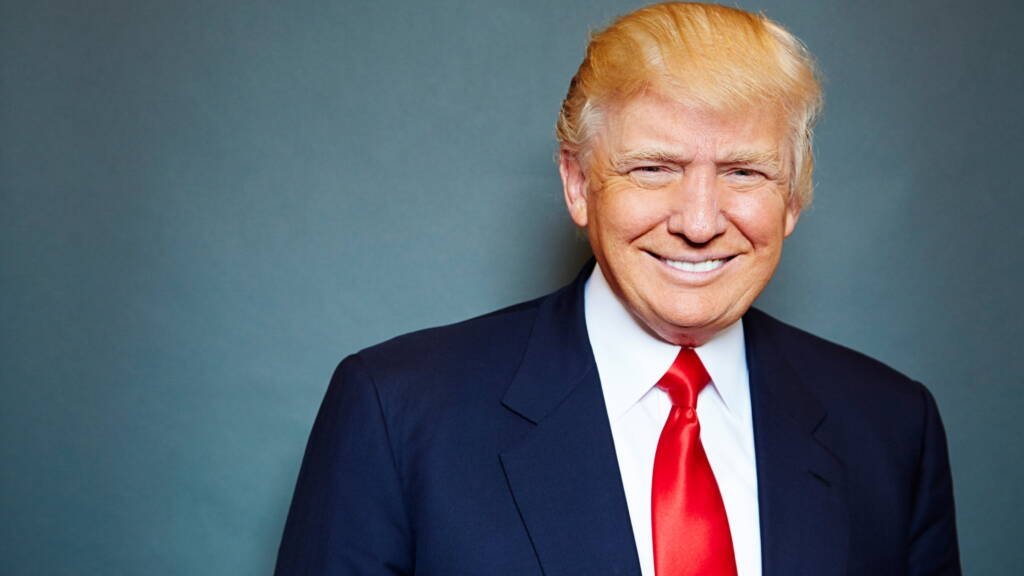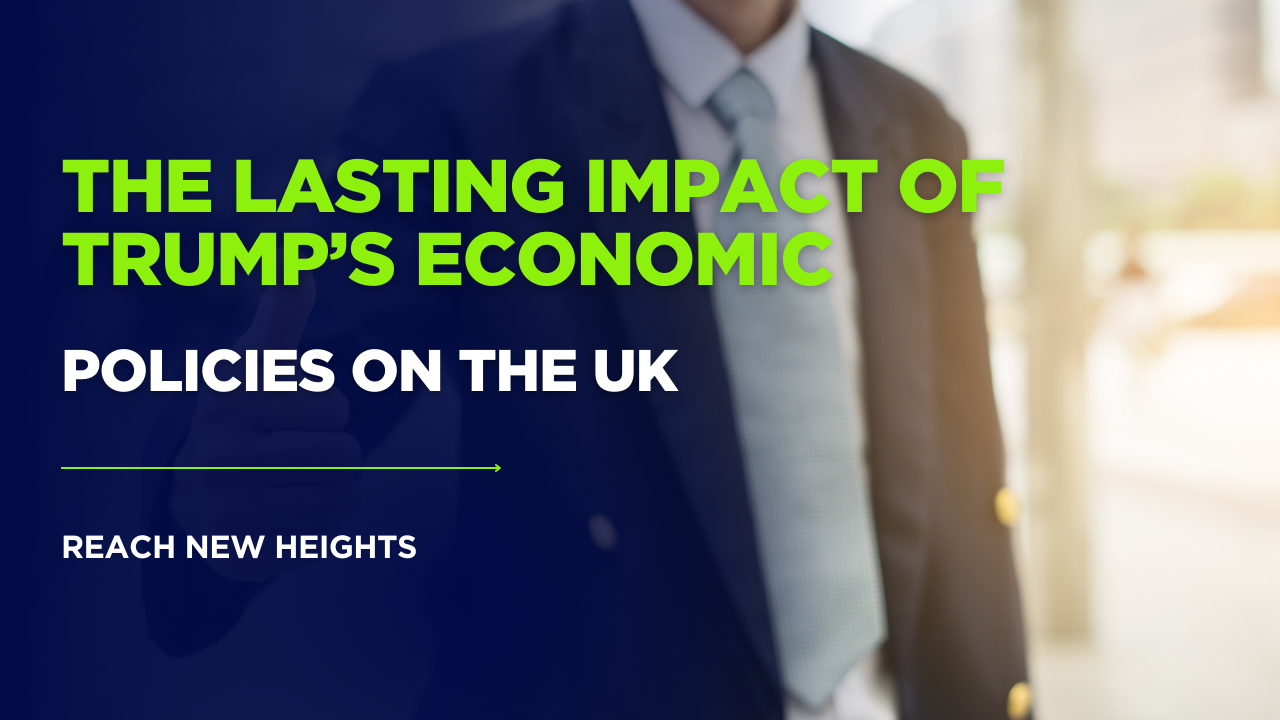Thriving in the Digital Age: UK Businesses and the Global Landscape
In today’s rapidly evolving business environment, UK companies must embrace digital transformation to remain competitive. At the same time, global political decisions, such as those made by former U.S. President Donald Trump, continue to have lasting economic effects on international markets, including the UK. As businesses navigate these shifts, adopting digital strategies has become crucial for resilience and growth.
The Digital Shift in UK Businesses
The rise of cloud technology has enabled businesses to operate remotely with greater efficiency. Companies like Tesco have integrated cloud-based systems to streamline supply chains, ensuring efficient inventory management. Similarly, artificial intelligence (AI) is reshaping industries by automating customer interactions—HSBC, for example, employs AI-powered chatbots to enhance customer service. E-commerce has also become a driving force in the digital era. Retailers such as ASOS invest in mobile-friendly websites and secure payment gateways, ensuring seamless online shopping experiences. However, with increased digital transactions comes the growing threat of cyberattacks. The 2018 British Airways data breach underscored the importance of robust cybersecurity measures, leading to stricter enforcement of GDPR regulations. Digital marketing is another area of transformation. Companies like John Lewis and Marks & Spencer leverage AI-driven data analysis to personalize advertising campaigns. Social media platforms such as Instagram and TikTok have become essential for engaging with customers in real time. The banking sector is also experiencing a digital revolution. Fintech companies like Revolut and Monzo offer mobile banking solutions with cryptocurrency trading and real-time analytics, forcing traditional banks to modernize their services to stay competitive.
The Ongoing Impact of Trump’s Economic Policies
Though no longer in office, Donald Trump’s policies on trade, taxation, and global alliances continue to influence UK businesses. His administration’s tariffs on steel and aluminum forced UK manufacturers to seek alternative markets, with many shifting their focus to India and Southeast Asia. Trump’s support for Brexit also shaped UK trade negotiations. The ongoing US-UK trade discussions reflect the long-term influence of his stance, requiring businesses to stay updated on emerging agreements. Companies like Rolls-Royce, which rely heavily on international trade, have diversified their partnerships to adapt to shifting regulations. Financial markets were impacted as well. While Trump’s tax cuts benefited multinational corporations, trade uncertainties led to fluctuating exchange rates, affecting UK firms with overseas operations. Additionally, his restrictive immigration policies made it harder for UK companies to hire skilled international talent, pushing businesses to adopt remote work solutions.
How UK Businesses Can Stay Ahead
To thrive in an evolving business landscape, UK companies must adopt agile strategies and embrace technology. Investing in Digital Skills: Businesses should train employees in AI, data analytics, and cybersecurity to stay competitive. Initiatives like Google’s Digital Garage help professionals develop these crucial skills. Automation and Efficiency: Companies like Amazon UK use robotics in warehouses to optimize logistics and cut costs. While automation boosts productivity, businesses must also reskill workers for new roles. Fintech and Digital Payments: Contactless payments and blockchain technology are reshaping financial transactions. Banks such as Barclays and Starling Bank leverage blockchain to enhance security and transparency. Expanding Global Networks: Companies like Unilever build strong international relationships to remain resilient in uncertain trade environments. UK government grants also support businesses investing in digital transformation. Sustainability and Green Tech: Digital sustainability is gaining importance. Companies like British Petroleum (BP) and Shell use technology to monitor carbon emissions, appealing to environmentally conscious consumers.
The Road Ahead for UK Businesses
The future of UK businesses depends on digital innovation and strategic adaptability. While political shifts—such as Trump’s economic policies—continue to influence global markets, companies that invest in technology and remain informed about international regulations will be well-positioned for growth. Emerging trends such as AI governance, digital taxation laws, and cybersecurity compliance will shape the business landscape. Organizations must integrate compliance-ready technology to navigate regulatory changes smoothly. Additionally, government initiatives like the Help to Grow Digital scheme provide financial support for small businesses adopting digital tools, further aiding their competitiveness. Ultimately, thriving in the digital age requires more than just technology—it demands a forward-thinking mindset. Companies that prioritize innovation, remain agile, and anticipate market changes will lead the way into a new era of economic resilience and growth. The UK stands at the forefront of digital transformation, and businesses that embrace this change will drive the future of the global economy.


